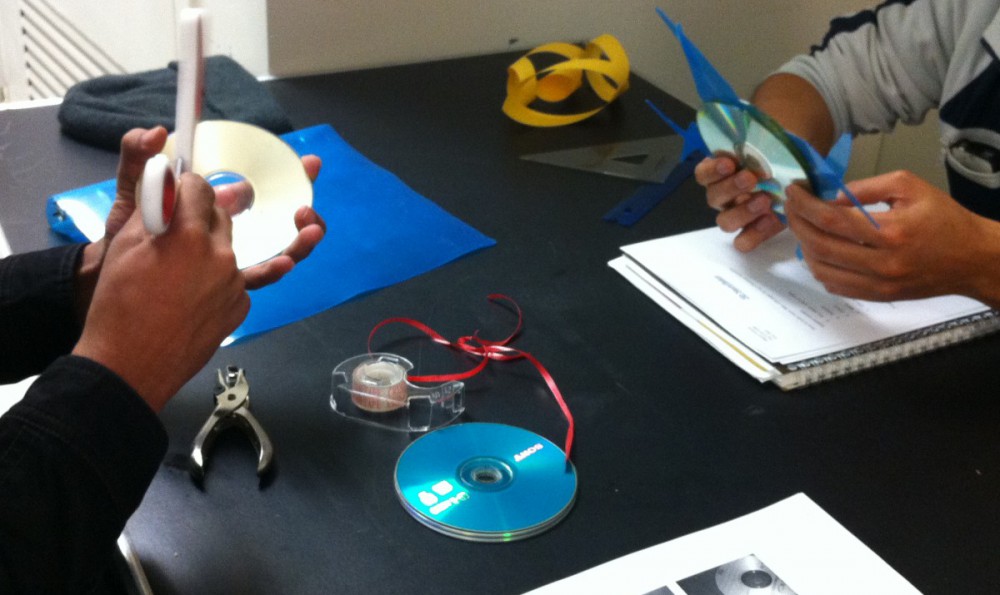I actually never knew that employers use social media to check up on our accounts. This is a new thing for me. Luckily I don’t use much social media to actually affect me. I do use Facebook and Instagram but I hardly post stuff on it. I mainly use it to send messages to my relatives outside of the country. We are all represented online. Everything we do is kept somewhere on the internet where anyone can view it. It could be a totally random stranger or even the government. So we have to be very careful about what we wanna put online and how we want to express and represent ourselves. There are many threats, such as hackers and cyber bullying which affect everyone.
When I read the article “Employers scour Web for details on applicants”, I was shocked that they actually look you up on Facebook to see what type of person you really are. What I don’t agree with is that they automatically assume that they are immature by just the way they speak or the photos they put up. It doesn’t necessarily mean that they are a bad person just because they have a photo of themselves drinking. Maybe they were too stressed and needed a stress reliever? Overall it’s bad they judge so easily.
When I looked myself up, I only found my Facebook. I didn’t find my instagram or openlab. My Facebook is in private anyway so there is no way anyone can see what I say or my photos. I’m represented online as a private person which is great. I don’t want employers to judge me without even getting to know me through a proper interview. It’s because of these articles that I learned that our online identity can affect our job prospects. From an article I read, “One in five employers uses social networks in hiring process”. Most employers tossed the candidates applications because they didn’t like what they saw from their online accounts. This is unethical in my opinion because they don’t know anything. They just assume by looks and false information. They don’t know what type of day we were having that day that caused us to post that photo or news feed.
In conclusion, from what I learned in class and online, this is absolutely outrageous. Even to this day, we are getting judged and recognized by what we say or do on social media. I don’t like that employers have to decline people by what we say. The proper way is by interviews and in person, not online. Social media is the reason there is cyber bullying and other threats. Bottom line is we have to think smarter and be more clever of what we do online because we just don’t know who is stalking or watching our every move.
Links:
1. http://www.computerworld.com/article/2532900/web-apps/one-in-five-employers-uses-social-networks-in-hiring-process.html
2. http://www.newsday.com/classifieds/jobs/employers-scour-web-for-details-on-applicants-1.2133284
3. http://blogs.wsj.com/atwork/2012/12/17/colleges-pay-to-protect-students-from-toxic-google-results/



